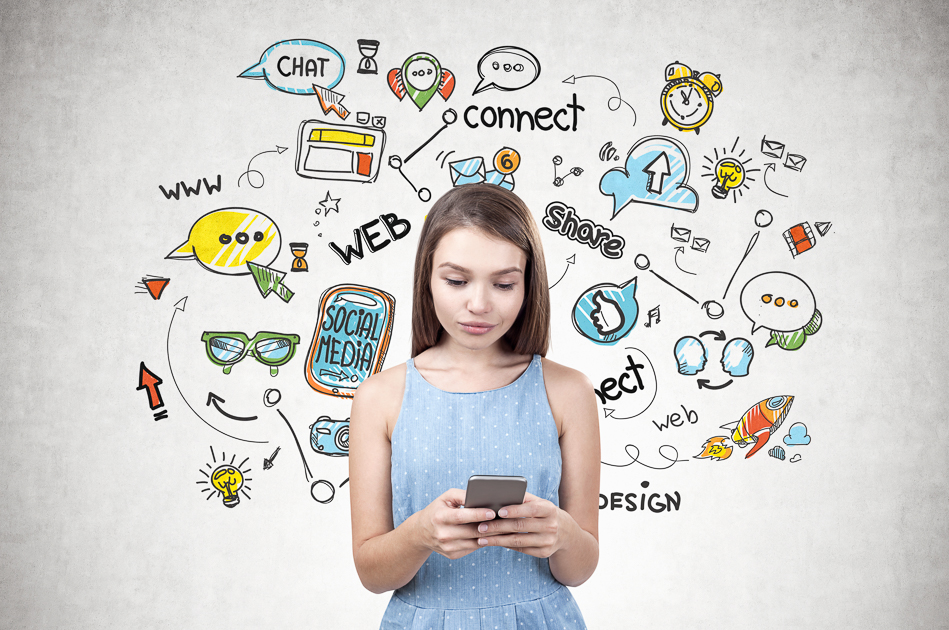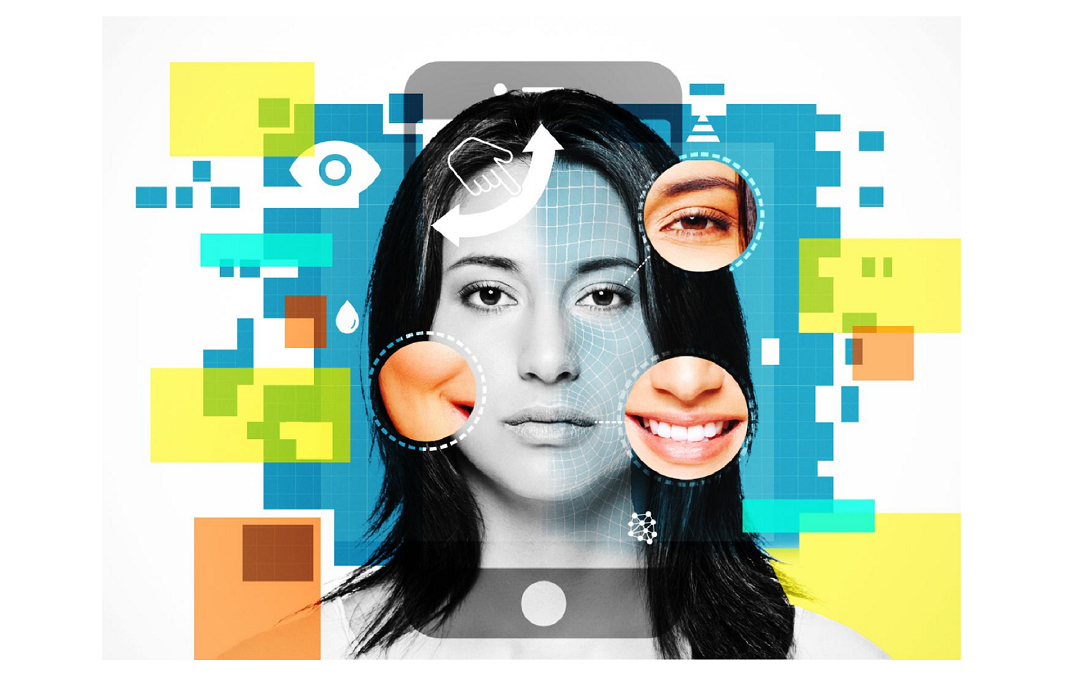Social Media Affects : Social media has an immense impression on individuals and their lives. While some consequences can be positive, social media can tend to negatively affect our moods and stress levels. Addiction can be caused by social media too. With access to it at any time of the day, it’s easy to fall into the bad habit of reviewing it everywhere – during a meal, in class when a professor is talking, or even in bed when it’s time to sleep!
Most people use at least one social media platform but fail to understand just how impactful daily social media use can be. It’s entertaining to scroll through memes, photos, and life updates from the people you’ve met throughout your life but we often don’t see the ways that social media changes how we act and think—not to mention changing the opportunities that are available to us.
Negative effects of social media
Mental and Emotional Health
We also need to be concerned about the ways that social media might be affecting our mental health and how we think:
- Emotion: Multiple studies have shown that unlimited use of social media causes stress, bad moods, and negatively affects mental health. Many people wake up to social media platforms like Instagram, Snapchat, or Twitter. On platforms like Instagram, some users feel obligated to edit their posts to fit the terms of “attractiveness.” Users may begin to compare themselves to others and think, “am I good enough?” “am I pretty enough?”
- Health: Social media causes addiction and affects sleep. Using electronics like cell phones or video games before bedtime can lead to a variety of sleep problems. The result is students who may fall asleep in class or be unable to focus because they are just too tired!
- Abuse and harassment. One of the biggest problems with social media is its proclivity for allowing abuse and harassment. Many people experience some variation of cyberbullying or harassment from individuals intentionally trying to make them feel bad. Those who are not direct targets can still be negatively affected by slurs and offensive language used by other users in public comment feeds.
- Anxiety and loneliness. There’s also an adequate indication to suggest that despite its intention to make us more connected and more confident, social media use stokes feelings of anxiety and loneliness. Why is this the case? Many factors are likely to be in play here. For example, you may suffer from a “fear of missing out” (FOMO), witnessing other people have a good time when you’re on social media and wanting to check social media when you’re off it. Due to the open transparency and constant accessibility of social media, you may also feel anxiety related to a lack of privacy. On top of that, social media often gives us the sense that we’re socializing without actually allowing us to socialize the way we do best—with in-person, direct conversations.
- Echo chambers. Users on social media tend to self-isolate in some respects, unfriending and unfollowing sources who say things they don’t agree with and seeking out people who do agree with them. It facilitates the development of echo chambers, where only one narrative is recycled constantly. In turn, this limits our ability to remain open-minded to new ideas, causes us to demonize people we don’t agree with, and in some cases, allows us to continue believing untruths.
How Social Media Affects Your Life More Than You Realize
Direct Impact
Let us start by looking at some of the ways that social media can have a direct impact on your life:
- Job prospects. At this point, it is likely that millions of people have missed out on job opportunities or lost their current jobs due to something they said or did on social media. Employers often comb through applicants and employee former posts. If they find something offensive or something that indicates a lack of character, it could prevent you from landing that job or progressing your career.
- ESTA applications. On your ESTA application and other applications, you may be prompted for your social media information. Officials review this information to evaluate potential security threats. Most people do not have to worry about this. But if you have made vaguely threatening or concerning posts in the past, it could affect your ability to travel.
- Legal matters. Similarly, your social media posts can be used in judicial evaluations. For example, your posting history may be used against you in a court of law or to prove your character.
- New relationships. When you meet someone new, how often do you pull up or try to find their social media information and start scrolling through it? They are probably doing the same to you. For better or worse, your social media is responsible for shaping the first (and second) impressions of almost everyone you meet.
Positive Impact of Social Media
1. Develop critical thinking by using social media for school projects.
If they are looking for more information on China, they can do a Facebook search to look for people who live in China. Part of learning and building the right brain thinking is brainstorming. If we hit a dead end, we keep going until we find an English-speaking group. Students can then ask about geography, hobbies, etc.
2. Improved Literacy, Communication, and Reading Skills.
It is a fact that students get fatigued with reading and writing. However, social media provide plenty of online information on which students are more often inclined to read. Online messages, comments, news, articles, and eBooks offer an endless list to read. It will help students towards learning.
Connecting with others through social media is far more entertaining than reading an article. When they do read articles, they make more sense after being introduced to concepts by real-life people. It also helps to develop critical thinking and to develop self-advocacy (asking for help when needed).
- Social Media Marketing
Digital advertising is the future of advertising, and social media marketing forms a significant part of it. With the social media users growing exponentially marketers saw a huge untapped market. And the field of Social Media Marketing was formed. It allows marketers to advertise their products to a targeted audience on a much lesser budget. Social Media Marketing is seen as an emerging career option and holds opportunities for students. Many companies have dedicated social media advertising campaigns. And a lot of digital advertising agencies focusing on social media advertising have also come up.
- Connecting with experts via social media
The best thing about social media that you soon learn who the experts are in a particular field and subjects. So, when you follow these experts you learn more and get valuable content from them. It allows getting help from topic experts who specialize in their respective fields.
- News and Update
Various news channels exist then why seek news from social media? Students usually watch the news on TV spending some time in front of it, but on social media, you can get instant notification, and if you find that news interesting, click to see the whole news, otherwise you can skip it. It will save you time.
Final verdict:
Social media is a persuasive thing. It can help people across the world connect and inspire people to accomplish social change. However, we must also realize the negative connotations social media has on our lives. We do not need social media every at every acting moment, and it is necessary to realize that you need to foster relations in real-time, not just via a screen.

